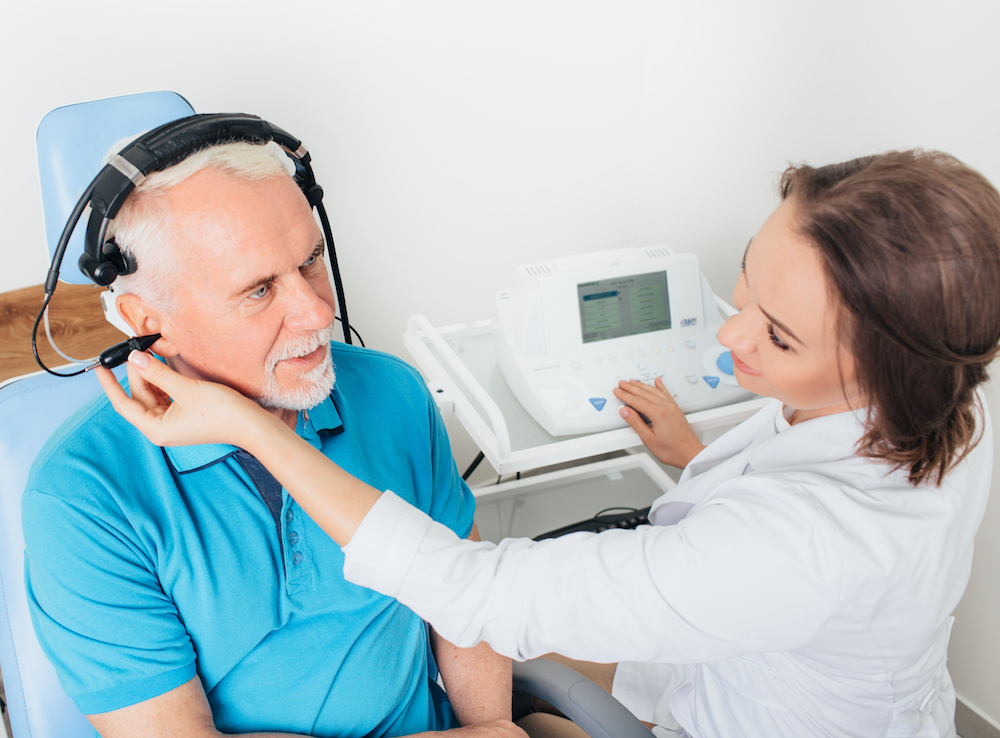Specialized Audiologists: What Areas Do They Focus On?
Entering the world of hearing health can seem complex if you’ve never

By: admin | May 18, 2022
If you’re experiencing hearing loss, then you’ll likely want to do something about it. And the good news is that there is always something you can do about it. Take hearing aids, for example. These useful devices can amplify your hearing and all-around improve your quality of life. However, it’s important to remember that while hearing aids are available, you can’t just pick up any old pair and expect them to work correctly. There’s a process to getting the one that is right for you. A fundamental part of this process is visiting an audiologist and getting a hearing test. In this article, we’re going to run through the ins and outs of why hearing tests are so important, as well as take a look at some other things you should do before getting hearing aids.
Hearing loss is a broad concept. Everyone who experiences it does so in their own unique way. As such, there’s no such thing as a one size fits all solution that’ll help to alleviate the symptoms of hearing loss. It’s specific to each person. In order to ensure that you get the hearing aid that’s right for you, you’ll need to know what type of hearing loss you’re experiencing. And only a trained audiologist will be able to do this for you. It’s not something that you can do on your own!
An audiologist will dive deep into everything about your hearing loss. For instance, they’ll understand the cause of the hearing loss, as well as the extent. While a lot of hearing loss can be corrected by getting a hearing aid, this isn’t true for all types of hearing loss. Once the audiologist has got a full picture of your hearing, they’ll be able to move forward and offer treatment solutions.
There’s a reason why it’s important to get a hearing test before you begin looking at hearing aids. The test will reveal things about your auditory system that you otherwise would not be able to know. There are various elements to a hearing test, including:
As we’ve seen, there’s nothing all that mystifying about hearing tests – and nothing to be nervous about it. The reason why people need to visit an audiologist is that you can’t determine these things without special instruments and training. If you have any concerns about your hearing, it’s best to schedule a test with your audiologist.
Of course, the hearing test is just the beginning of the process towards improving your hearing. Once that’s done, an audiologist will have a clear understanding of what type of hearing aid you need. There are three options to just from: behind the ear, in the ear and in the canal. As well as the extent of your loss, other factors that will determine which is the right choice for you will include things like your lifestyle and dexterity. You’ll wear your hearing aids for a couple of weeks before returning to the audiologist to check that they are working as planned. We’ll just say that yes, a hearing test is required before buying hearing aids. Without one, it can be impossible to know what the right course of action for you would be. If you’re ready to schedule an appointment with an audiologist, then be sure to get in touch with us here at Eartech Audiology. You can call us today at (866) 464-1008 or click the request an appointment button at the top of this page and fill out the contact form. We look forward to hearing from you.

Entering the world of hearing health can seem complex if you’ve never
By: admin | January 31, 2024

A pivotal figure in the workplace, a hearing specialist plays a crucial
By: admin | December 28, 2023

Hearing tests are essential for determining whether you have hearing loss
By: admin | November 25, 2023
